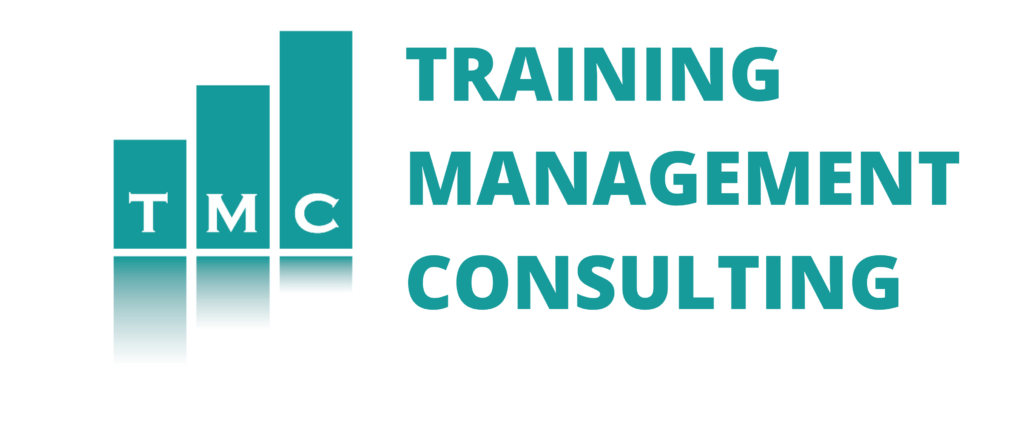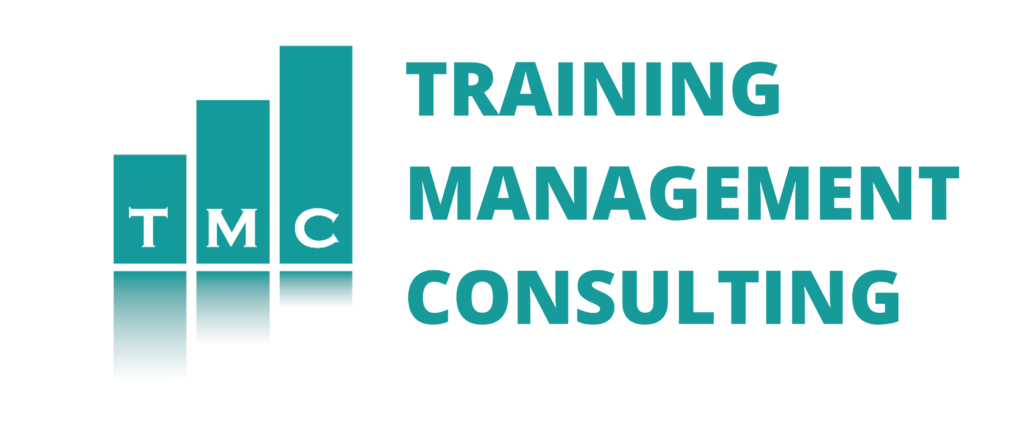Contact Us
Fill Out This Form And You Will Hear Back From Us Within A Day.
Contact Us
Fill Out This Form And You Will Hear Back From Us Within A Day
Let Us Know How We Can Help


Frequently Asked Questions
Audits play a key role in ensuring compliance with ISO standards, but not all audits are the same. The two main types are:
1. Internal Audit:
- Conducted within the organization by internal auditors or consultants.
- Helps identify gaps, weaknesses, and opportunities for improvement before a formal certification audit.
- Typically performed annually as part of ongoing compliance efforts.
2. Third-Party (Certification) Audit:
- Conducted by an independent certification body to assess compliance with ISO standards.
- Required to obtain and maintain official ISO certification.
- More formal and includes a review of documentation, procedures, and on-site inspections.
Both audits are important, but internal audits prepare businesses for third-party certification audits by identifying and addressing issues early.
ISO 27001 is an international standard for information security management systems (ISMS) and is essential for industries that handle sensitive data and require strong cybersecurity measures. These industries include:
- IT & Software Development – To protect digital assets, data, and customer information.
- Finance & Banking – Ensuring secure transactions, fraud prevention, and regulatory compliance.
- Healthcare & Pharmaceuticals – Protecting patient records and complying with privacy laws like GDPR and HIPAA.
- Government & Defense – Securing classified information and national infrastructure.
- Legal & Consulting Services – Maintaining client confidentiality and data protection.
With increasing cyber threats, ISO 27001 certification is becoming a necessity for businesses that want to enhance security, reduce risks, and build trust with clients.
ISO certifications do not last indefinitely—they require ongoing monitoring to ensure continued compliance. The renewal process typically follows this structure:
- Annual Surveillance Audits – Conducted by the certification body to verify that your company is maintaining ISO standards.
- Full Recertification Audit (Every 3 Years) – A more in-depth audit that reassesses compliance and ensures standards are still being met.
To maintain certification, businesses must:
- Continue improving processes and quality management systems.
- Address non-conformities found during audits.
- Keep documentation and procedures up to date.
Failing to renew certification may result in loss of compliance status, which can impact business credibility and operations.
ISO 9001 certification follows a step-by-step approach to ensure an organization’s quality management system (QMS) meets the required standards. The key steps include:
- Understanding ISO 9001 Requirements – Familiarizing your team with the standard’s principles and benefits.
- Gap Analysis & Initial Assessment – Evaluating current processes to identify areas that need improvement.
- Developing Documentation – Creating policies, procedures, and work instructions in compliance with ISO 9001.
- Implementation & Training – Training employees on the new QMS and ensuring process integration.
- Internal Audits & Management Review – Conducting internal audits to verify compliance and prepare for external assessments.
- Certification Audit – A third-party auditor assesses compliance before issuing certification.
Once certified, businesses must maintain compliance through regular monitoring, audits, and continuous improvement.
The duration of ISO certification depends on multiple factors, including:
- The size and complexity of your organization.
- The current level of compliance with ISO standards.
- Availability of documentation and management system implementation.
- The chosen certification body and audit scheduling.
On average, the process takes between 3 to 12 months, following these key stages:
- Gap Analysis – Assessing current compliance with ISO standards.
- Documentation & Implementation – Creating policies, procedures, and training employees.
- Internal Audits & Review – Identifying areas for improvement before the certification audit.
- Certification Audit – Conducted by an accredited third-party organization.
With expert guidance and preparation, businesses can reduce delays and obtain certification efficiently.
ISO certification is an official recognition that a company adheres to international standards set by the International Organization for Standardization (ISO). These standards help businesses improve quality, ensure safety, enhance operational efficiency, and comply with regulatory requirements.
For businesses, ISO certification can provide:
- Improved credibility and trust among clients and stakeholders.
- Competitive advantage in global markets.
- Better efficiency by streamlining processes and reducing errors.
- Legal and regulatory compliance with industry-specific requirements.
Whether it’s ISO 9001 (Quality Management), ISO 27001 (Information Security), or ISO 22000 (Food Safety), achieving certification demonstrates commitment to excellence and helps organizations stand out in their industry.
Frequently Asked Questions
Audits play a key role in ensuring compliance with ISO standards, but not all audits are the same. The two main types are:
1. Internal Audit:
- Conducted within the organization by internal auditors or consultants.
- Helps identify gaps, weaknesses, and opportunities for improvement before a formal certification audit.
- Typically performed annually as part of ongoing compliance efforts.
2. Third-Party (Certification) Audit:
- Conducted by an independent certification body to assess compliance with ISO standards.
- Required to obtain and maintain official ISO certification.
- More formal and includes a review of documentation, procedures, and on-site inspections.
Both audits are important, but internal audits prepare businesses for third-party certification audits by identifying and addressing issues early.
ISO 27001 is an international standard for information security management systems (ISMS) and is essential for industries that handle sensitive data and require strong cybersecurity measures. These industries include:
- IT & Software Development – To protect digital assets, data, and customer information.
- Finance & Banking – Ensuring secure transactions, fraud prevention, and regulatory compliance.
- Healthcare & Pharmaceuticals – Protecting patient records and complying with privacy laws like GDPR and HIPAA.
- Government & Defense – Securing classified information and national infrastructure.
- Legal & Consulting Services – Maintaining client confidentiality and data protection.
With increasing cyber threats, ISO 27001 certification is becoming a necessity for businesses that want to enhance security, reduce risks, and build trust with clients.
ISO certifications do not last indefinitely—they require ongoing monitoring to ensure continued compliance. The renewal process typically follows this structure:
- Annual Surveillance Audits – Conducted by the certification body to verify that your company is maintaining ISO standards.
- Full Recertification Audit (Every 3 Years) – A more in-depth audit that reassesses compliance and ensures standards are still being met.
To maintain certification, businesses must:
- Continue improving processes and quality management systems.
- Address non-conformities found during audits.
- Keep documentation and procedures up to date.
Failing to renew certification may result in loss of compliance status, which can impact business credibility and operations.
ISO 9001 certification follows a step-by-step approach to ensure an organization’s quality management system (QMS) meets the required standards. The key steps include:
- Understanding ISO 9001 Requirements – Familiarizing your team with the standard’s principles and benefits.
- Gap Analysis & Initial Assessment – Evaluating current processes to identify areas that need improvement.
- Developing Documentation – Creating policies, procedures, and work instructions in compliance with ISO 9001.
- Implementation & Training – Training employees on the new QMS and ensuring process integration.
- Internal Audits & Management Review – Conducting internal audits to verify compliance and prepare for external assessments.
- Certification Audit – A third-party auditor assesses compliance before issuing certification.
Once certified, businesses must maintain compliance through regular monitoring, audits, and continuous improvement.
The duration of ISO certification depends on multiple factors, including:
- The size and complexity of your organization.
- The current level of compliance with ISO standards.
- Availability of documentation and management system implementation.
- The chosen certification body and audit scheduling.
On average, the process takes between 3 to 12 months, following these key stages:
- Gap Analysis – Assessing current compliance with ISO standards.
- Documentation & Implementation – Creating policies, procedures, and training employees.
- Internal Audits & Review – Identifying areas for improvement before the certification audit.
- Certification Audit – Conducted by an accredited third-party organization.
With expert guidance and preparation, businesses can reduce delays and obtain certification efficiently.
ISO certification is an official recognition that a company adheres to international standards set by the International Organization for Standardization (ISO). These standards help businesses improve quality, ensure safety, enhance operational efficiency, and comply with regulatory requirements.
For businesses, ISO certification can provide:
- Improved credibility and trust among clients and stakeholders.
- Competitive advantage in global markets.
- Better efficiency by streamlining processes and reducing errors.
- Legal and regulatory compliance with industry-specific requirements.
Whether it’s ISO 9001 (Quality Management), ISO 27001 (Information Security), or ISO 22000 (Food Safety), achieving certification demonstrates commitment to excellence and helps organizations stand out in their industry.

